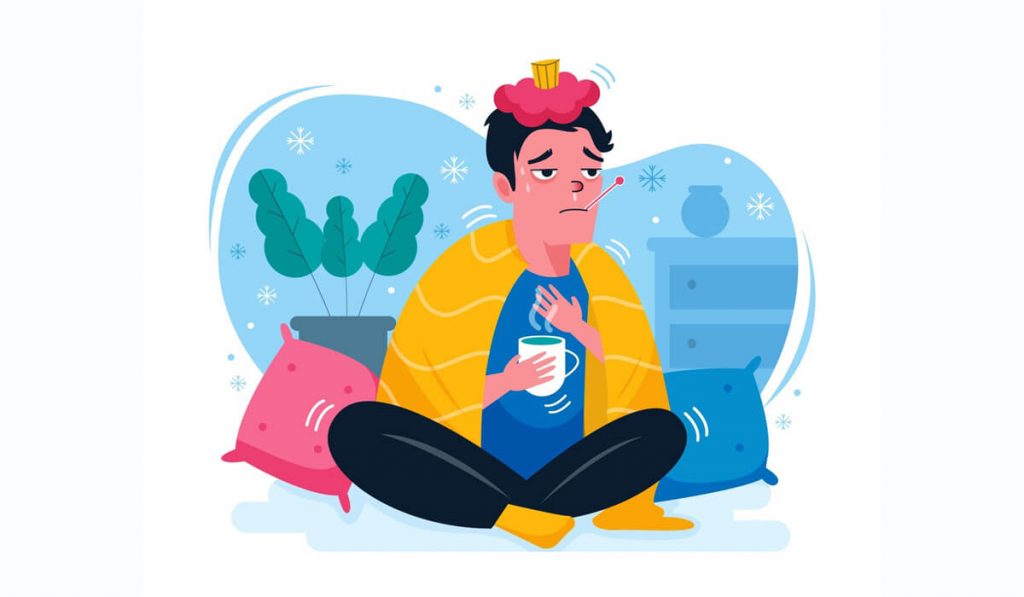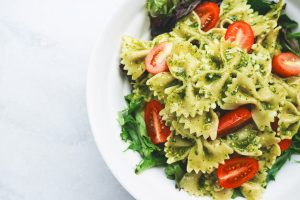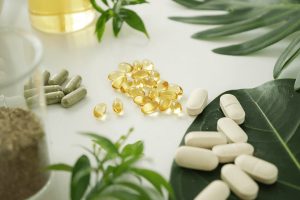
A Guide on Navigating Sick Days in the Cold Season
Everyone gets sick at some point in their life. Knowing how to combat an illness and help prevent severe illnesses is essential, especially for those with diabetes.
Read on to learn more about prevention and ways to recover from sickness faster.
The Importance of Staying Healthy
No one ever wants to get sick. It’s not fun to be stuck in bed not feeling your best. It’s essential for everyone to strive to be healthy, but even more so for those with a compromised immune system.
People with chronic diseases, like diabetes, are at an increased risk for complications. Because of the high sugars, your immune system may not be as healthy as others, and this makes you more likely to get sick and have severe symptoms. Doing your best to prevent getting sick is, therefore, essential to keep you safe, prevent complications, and stay out of the hospital.
How Can You Prevent Getting Sick?
There are quite a few easy ways to prevent yourself from getting sick. One of the best ways is to make sure to wash your hands frequently. If you have been out and about, or are preparing to eat, make sure to wash up to prevent the germs on your hands from getting inside of your body. You can avoid getting sick by wearing a mask at high-risk places as well. This includes doctors’ offices, grocery stores, and anywhere where there are a lot of people. Wearing a mask helps prevent you and those around you from spreading any illnesses.

Some vitamins and supplements can be used to help prevent illnesses and alleviate symptoms if they are taken before you get sick.
- Vitamin C will boost your immune system, but avoid taking this if you use a libre CGM since it can cause false readings.
- Elderberry supplements can also shorten the course of your sickness and decrease the chance of your symptoms becoming severe.
- A few other supplements (listed below) are potentially beneficial if you start them at the beginning of flu season and take them throughout. They can shorten your sick days by 1 to 3 days.
- Bovine colostrum
- N-acetyl cysteine
- Panax ginseng
Another good way to avoid the flu is by getting a flu shot. It’s recommended that you get one every year. The shot can protect you from getting the flu, but it can’t prevent every case. If you do come down with the flu, the shot helps keep symptoms mild to avoid hospitalizations and severe complications.
 Pro Tip: It takes two weeks for the flu shot to reach its maximum effect, so it’s best to receive it either in October or late November.
Pro Tip: It takes two weeks for the flu shot to reach its maximum effect, so it’s best to receive it either in October or late November.Remember, the flu shot can not give you the flu, but since it’s putting your immune system to work it can make you feel worn out. This should only last a few days, but these side effects are much better than catching the flu.
Tips and Tricks to Combat the ‘Cold’
Everyone gets sick at some point in their lives, it’s inevitable. The good thing is, there are tons of ways to alleviate symptoms and get you back on your feet quicker. Most importantly, make sure to stay hydrated and get lots of rest. Continue taking your daily medications, even your diabetes medications. Check your sugars more often as sugars will fluctuate more when you are sick. Talk with your doctor about dosing during sick days, and remember you still need to eat and drink to avoid hypoglycemia.
-
Some over-the-counter medications that can help reduce symptoms are:
- Tylenol or Ibuprofen: Good for body aches and fever
- Neti-pot: Good for sinus congestion
- Flonase (nasal steroid): Combine with the neti-pot for even more relief of congestion
- Sudafed or Afrin: Can help with congestion, afrin will have more targeted relief to sinuses.
Make sure to talk with your doctor or pharmacist when choosing which medication will be best for you and your symptoms.
Summary This is the time of the year when everyone is getting sick, whether it be a common cold or the flu. There are plenty of ways to try and protect yourself from illness, like hydrating well and washing your hands. It’s impossible to avoid every sickness that’s out there, but there are a lot of ways both naturally, and with the help of medication, to alleviate your symptoms. We at Iowa Diabetes want everyone to remain safe and healthy during this flu season.





